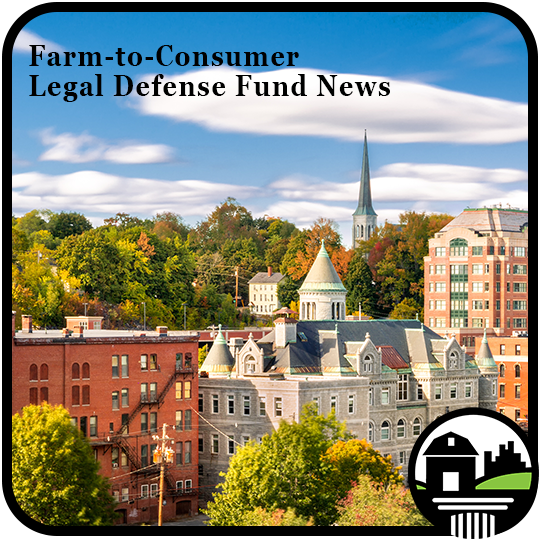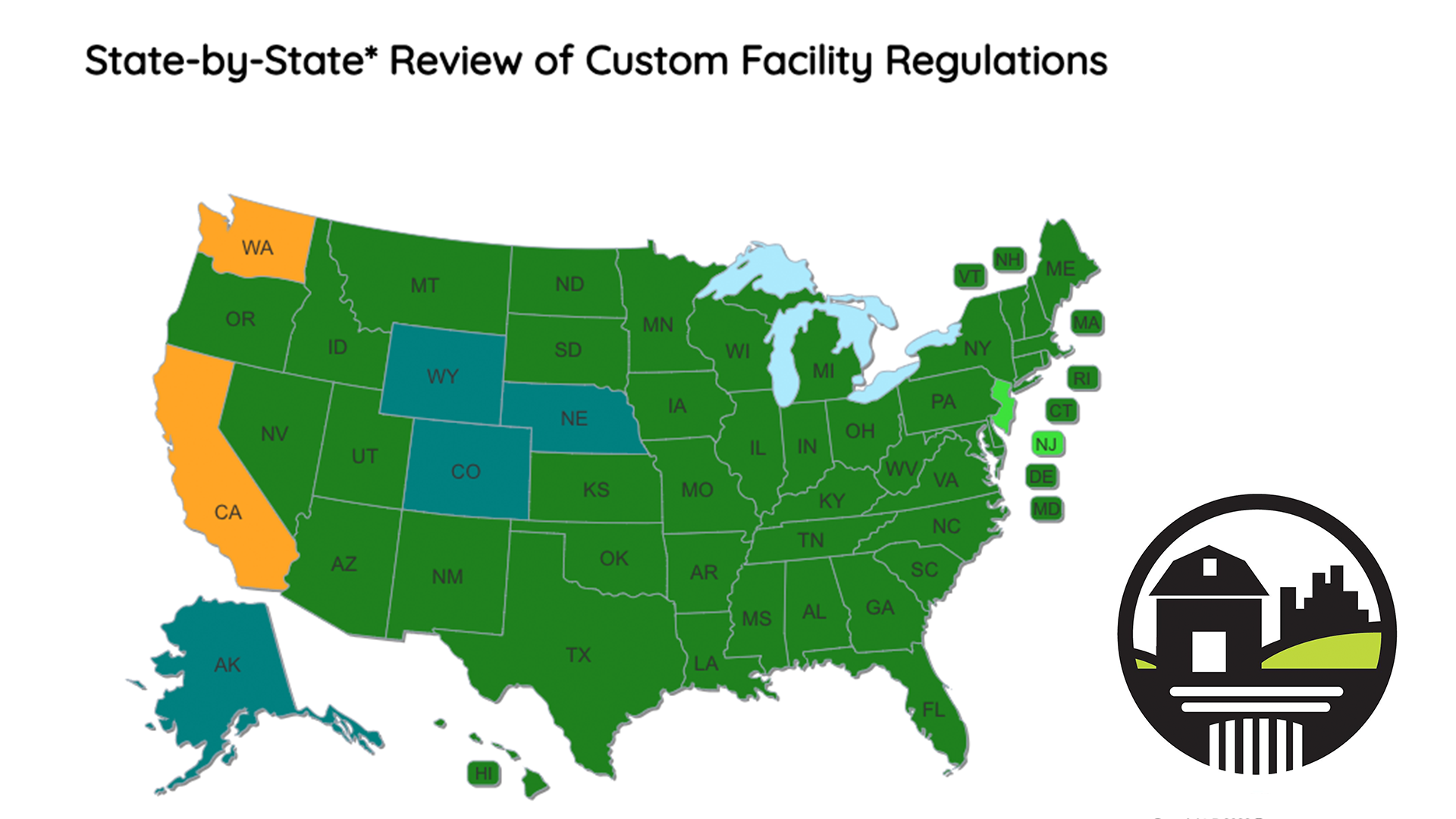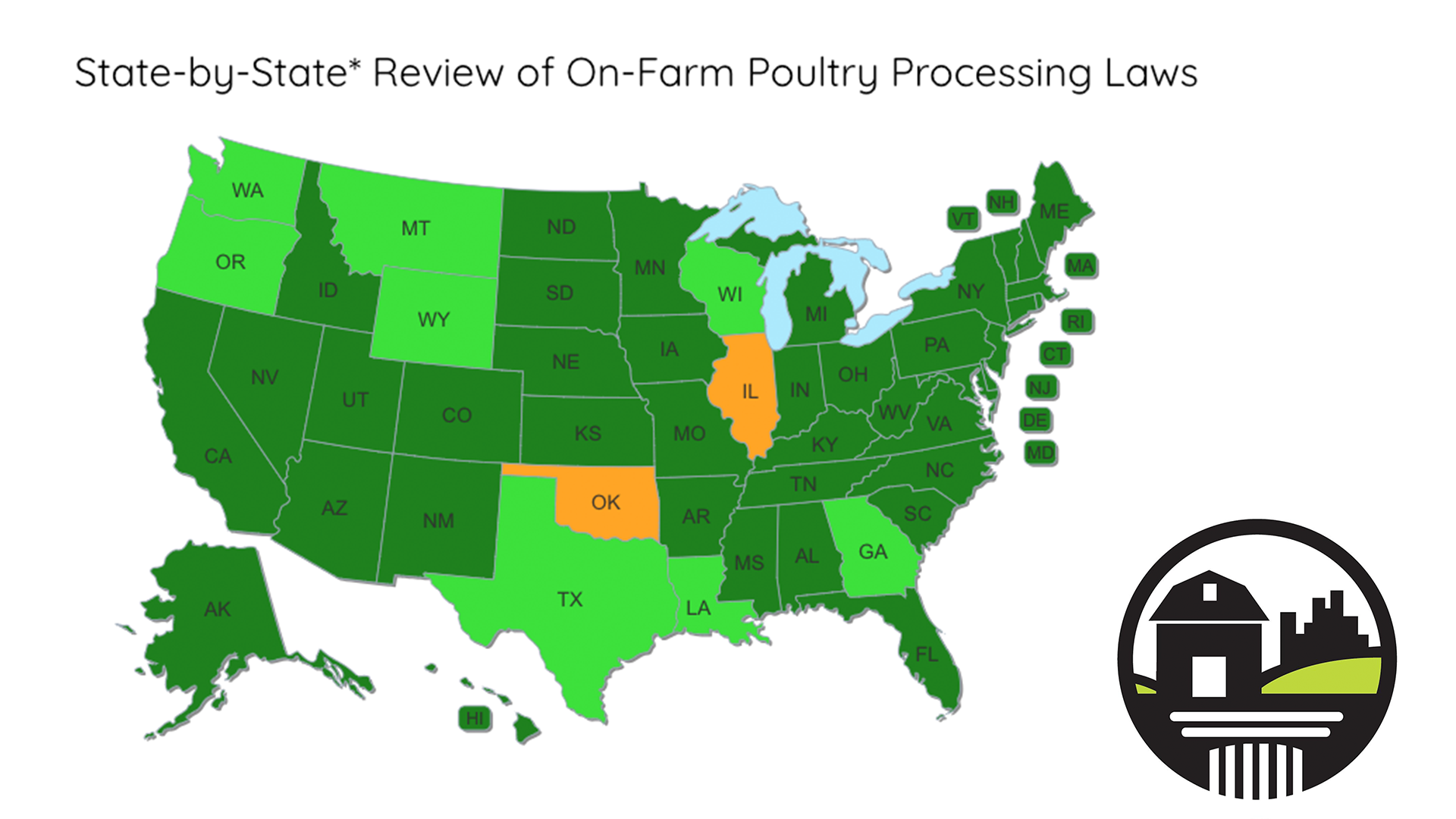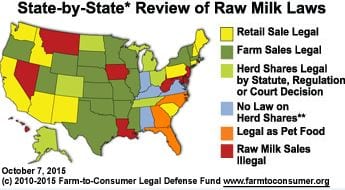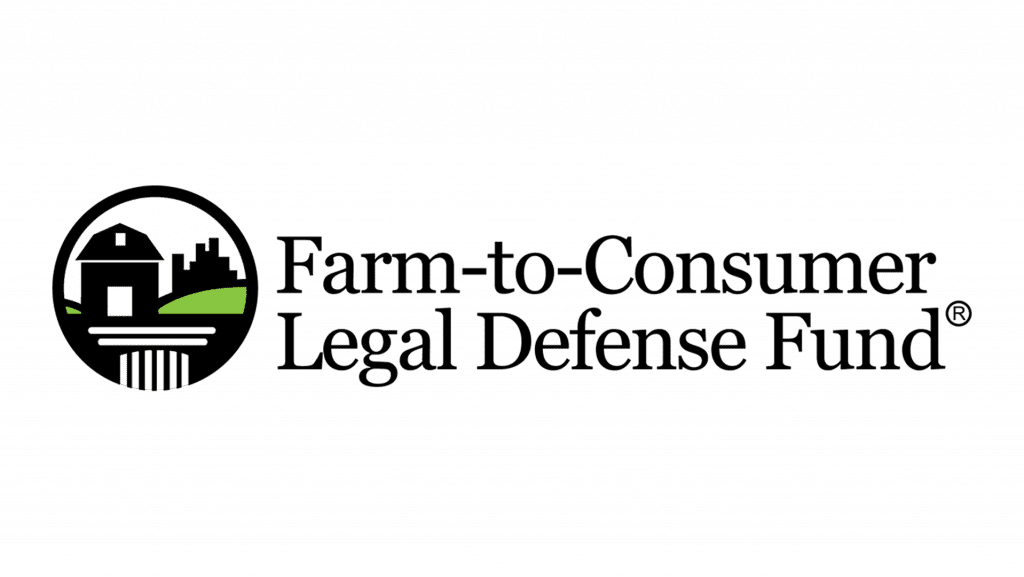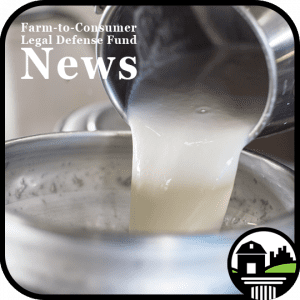This week, Farm-to-Consumer Legal Defense Fund and Kenduskeag Kitchen agreed to dismiss litigation against the State of Maine Health and Human Services because we got what we wanted: changes to the Maine Food Sovereignty Act.
The law now explicitly empowers communities to decide whether preparation of meals from a home kitchen with local ingredients is lawful without regulatory oversight.
Effective next month, Maine LD 124 will protect the right of producers to sell — and, by extension, consumers to buy — cooked meals from a home kitchen!


Maine’s Journey to Food Sovereignty
Back in 2017, Maine passed its Food Sovereignty Act. According to Maine State Senator Craig Hickman, the law protects “the rights of the people who purchase and consume” the food of their choice “for their own nourishment, sustenance, bodily health and wellbeing.” The law accomplishes this by allowing communities to regulate local food production and sales, rather than the state.
In turn, the Town of Kenduskeag Maine passed an ordinance allowing locally produced and prepared food to be sold directly to consumers without regulatory oversight.
However, in December 2022, the Maine Department of Health and Human Services shuttered the Kenduskeag Kitchen, a home-based business serving healthy, local food to a rural community with few other healthy options. Contrary to both state law and local ordinance, DHHS insisted that Kenduskeag Kitchen must build a cost-prohibitive commercial kitchen to continue operating.
At the time, Kenduskeag Kitchen owner Rhiannon Deschaine observed that “the threats of fines and/or legal action from the State against my family has resulted in my business being shut down since December [2022].”
“This has taken away my meals as options for my community members, who came to enjoy the availability of a wholesome, homemade meal.
“The State’s action has created further financial strain for my family amid rapidly rising costs of living in our area. Living with the threats of fines and legal action has caused anxiety and confusion among my family and community.”
In November 2022, Senator Craig Hickman, the sponsor of the Maine Food Sovereignty Act, wrote a letter to the Maine Department of Health and Human Services. He explained that the statute permitted the precise activity carried out by Kenduskeag Kitchen: Preparing meals from local ingredients and selling directly to community members. The statute protected activities sold from the “site of production” including home kitchens.
DHHS continued to insist that Kenduskeag Kitchen could not operate without a cost-prohibitive commercial kitchen license and state inspection.
Overcoming Obstacles
In 2023, Farm-to-Consumer Legal Defense (FTCLDF) filed a lawsuit against the State of Maine Department of Health and Human Services on behalf of Kenduskeag Kitchen, a Kenduskeag Kitchen customer, and all of FTCLDF’s Maine members.
Meanwhile, Maine state senators attempted to resolve the matter through policy changes. In response to the FTCLDF litigation, in 2023 the Maine legislature amended the Food Sovereignty Act to provide additional clarity to the definition of producer-to-consumer transaction to include sales from the producer’s premises or other private arrangements.
Still, DHHS refused to budge from their position. And so the litigation continued, the parties attempting to shield Kenduskeag Kitchen — and other small food businesses in counties with similar Food Freedom ordinances — from DHHS’s enforcement of state-level regulations.
Then, in early 2025, Maine Senator Hickman introduced additional amendments to Maine’s Food Sovereignty Act.
The amendments included stronger language to protect the right to food sovereignty, defined as “the right of persons to healthy and culturally appropriate food produced through ecologically sound and sustainable methods and the right of persons to define their own food and agriculture systems.” The amendments clarified that Maine communities may adopt ordinances that honor “traditional foodways.”
Importantly for Kenduskeag Kitchen, the amendments also explicitly include meals prepared in a home kitchen in their definition of direct producer-to-consumer transactions.
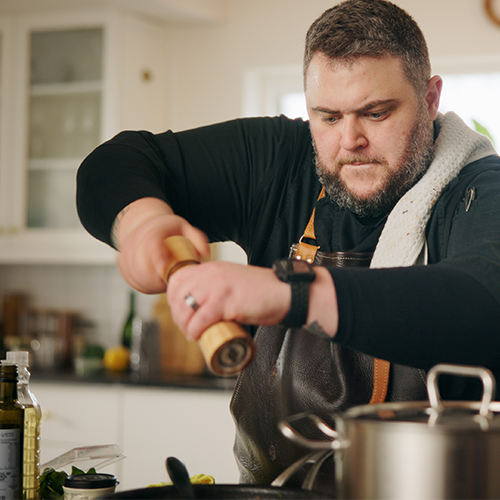
These changes to the Maine Food Sovereignty Act were passed and will be effective on or around September 13, 2025.
A Victory for Producers and Consumers
The pending litigation is now resolved because FTCLDF and Kenduskeag Kitchen made the change we wanted to see in the Maine law. Farm-to-Consumer Legal Defense Fund acknowledges and takes pride in the fact that absent this litigation against DHHS, the Maine Food Sovereignty Act changes would not have happened.
The law now is crystal clear that the operations of Kenduskeag Kitchen and similar businesses may prepare local meals from a home kitchen for sale directly to consumers.
FTCLDF is thrilled to have contributed to this success and Kenduskeag Kitchen’s owner is proud of changing the law to help businesses like hers.
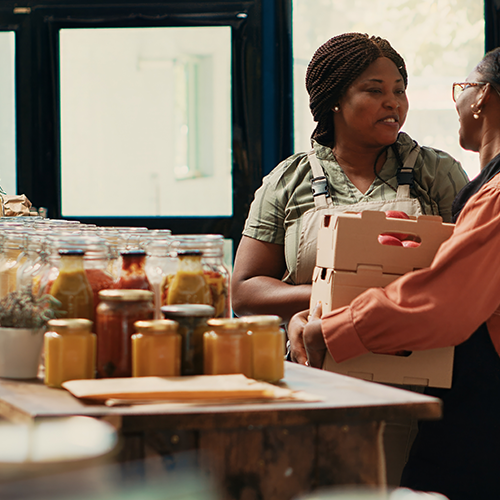
Senator Hickman has indicated that this clarification was necessary to clarify that a food producer is permitted to sell directly to the consumer free from state regulation if permitted by the county, including a person who processes or prepares food in a home kitchen.
Such changes will strengthen community resilience, revitalize rural economies, promote personal responsibility and advance the right of the people to consumer the food of their choosing.
FTCLDF appreciates of the efforts of Kenduskeag Kitchen, Maine food sovereignty leader Heather Retburg, Food for Maine’s Future, Senator Craig Hickman, and all FTCLDF supporters who pitched in to help fund the litigation necessary to spur important policy change.
